
There is a lot of chatter about "capsule wardrobes"- what they are, what they should consist of, how to make them work for you. Here's what I think: if you are interested in shopping with a purpose and never having to worry about what to wear in the morning, you should consider putting one together.
This does not mean that you have to buy a whole new wardrobe- in fact, what you already own should make up the bulk of your first capsule.
First, a definition: a capsule wardrobe, according to moi, is a group of wardrobe pieces that you can mix together to make multiple outfits easily.
Second, a very simplistic example: let's say you own a cranberry sweater, a pair of jeans, a black skirt, a white tee and a navy tee. That's 5 pieces, in case you aren't counting.
You can do the following:
Jeans + white tee = an classic look, just add accessories
Jeans + navy tee = sophisticated version of above, add the same accessories
Black skirt + white tee = with colorful accessories, you are sleek and polished
Black skirt + navy tee = yes, black and navy go together because they are both NEUTRAL, you just have to wear them with purpose, add metallic accessories here
That's 4 outfits.
By adding the cranberry sweater to any of the above, you double the number of outfits, so now you have 8.
Part 1 of this process is the planning stage. I like to think about my wardrobe in terms of seasons. Not only is this how the fashion industry works, it is also a finite number of times I need to plan during the year. Now that we are well into summer, I can start planning for fall.
Here's what I do:
1. Look at the upcoming fall colors and decide which ones work for me- my skin tone, my preferences, and most importantly, what I already own.
After you do this for a couple of seasons, you will start to see trends emerge in your own wardrobe, and that's a good thing. Not only will you be aware of what you already have, you can make more consious decisions about what to buy.
The
Pantone Fashion Color Report is a good place to start. It's a pretty accurate forecast of what designers will use in the upcoming season. There are other places to look for these predictions; from what I can tell, they all look fairly similar to each other for Fall 2009.
You can also look to the runways; we will see versions of whatever the big fashion houses are showing in places the rest of us actually shop. I like to look at the fashion shows as inspiration for new accessories and experimentation, but I don't use them as a guide for planning my daily work and weekend capsule.
I can do a quick elimination of several colors they list: "honey yellow" and "creme brulee" wash out my skin tone, "warm olive" makes me think of the 70s in a bad way, and "Nomad" is just a little weird for me.
That leaves me with 6 other colors, all of which I either like and would consider buying or I already own. (In case you are wondering, they are "American Beauty," "Purple Heart," "Iron," "Burnt Sienna," "Majolica Blue," and "Rapture Rose.")
2. Decide which 2-3 neutrals to use as a base for the colors I like.
This is largely informed by what I already own. I have a lot of black, grey, and navy, so those would likely be my neutral bases. However, I really love brown in the fall and winter, so I will probably switch one out for brown.
I think I will go with grey, navy, and brown. Not only do I already own a lot of black, many of this season's more muted colors will look richer with softer neutrals.
You could also go with cream and tan as light neutrals, if you already own those.
3. Choose 2-3 colors to add to the neutrals.
My decision on this is based on my research and what I find fun or interesting. I don't want to be a slave to trends, but I am also a practical shopper. If "Majolica Blue" is going to be big, I am going to be able to find it easily; if I decide that bright orange is my new favorite color, my efforts to round out my wardrobe for the season will be pretty frustrating. When I select colors I enjoy, I am more likely to wear them beyond a specific season; this is where taking into account your own taste comes in.
I have chosen "American Beauty" (pinkish, blue-red, almost raspberry), "Majolica Blue" (deep aquamarine blue without any yellow tinge), and "Iron" (charcoal with some depth).
4. Test the selected colors against the neutrals and each other.
Each color should go equally well with each neutral you have chosen, as well as going together with each other.

Here, each of my colors will go well with grey, navy, and brown. And the red, blue, and charcoal shades will work together beautifully.
Sound like a lot of attention to focus on something as seemingly trivial as the colors in your wardrobe? Trust me, once you have finished the entire process, you will be relieved to find that getting dressed is not only easier, but so is feeling put together and confident. Not to mention the sense that you have accomplished something: you will have defined and showcased your personal style.
Next up: In Part 2 I will discuss how to determine which specific pieces to look for, now that you have chosen a color palette.
 The Wild West bag from Ricardo Hinojosa is $179.99 at NOVICA. The shape, size, and apparent quality of the leather are awesome and and the studs make the whole thing even more interesting.
The Wild West bag from Ricardo Hinojosa is $179.99 at NOVICA. The shape, size, and apparent quality of the leather are awesome and and the studs make the whole thing even more interesting. 








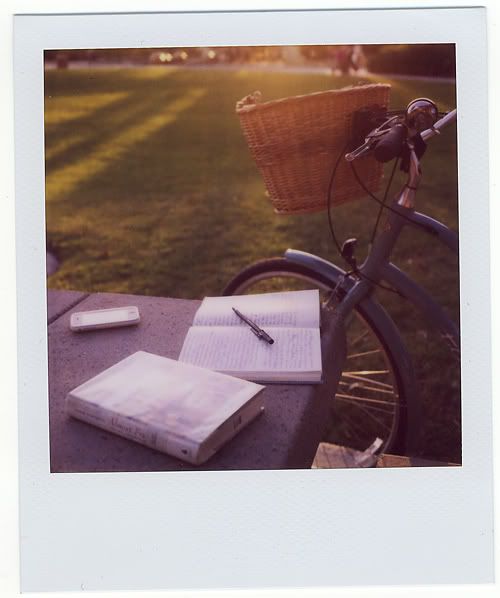
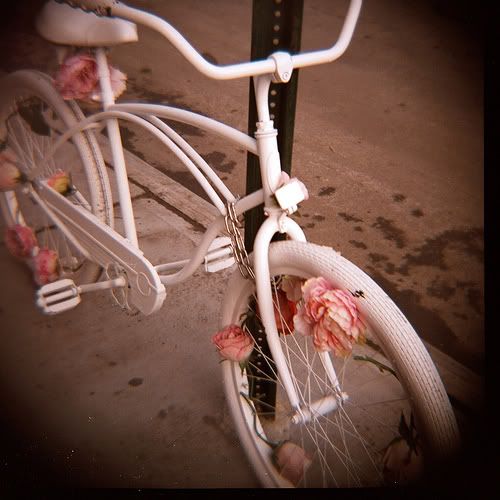
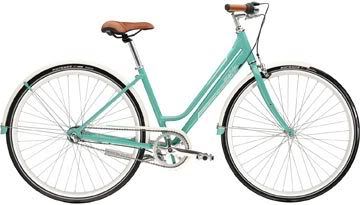

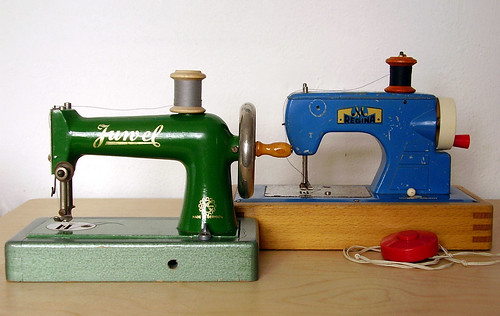


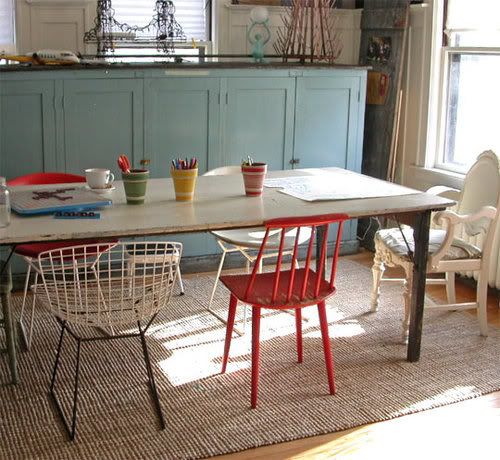

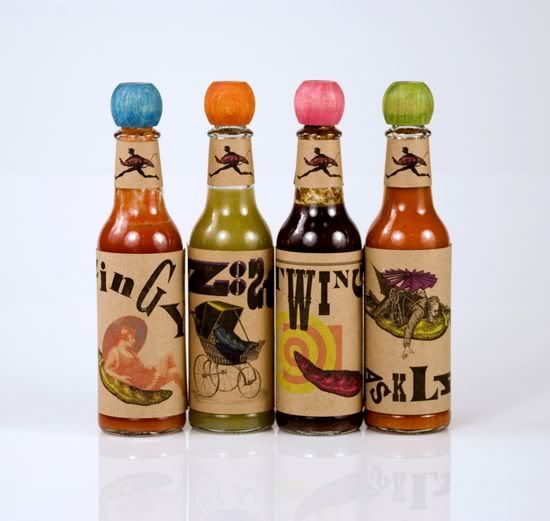








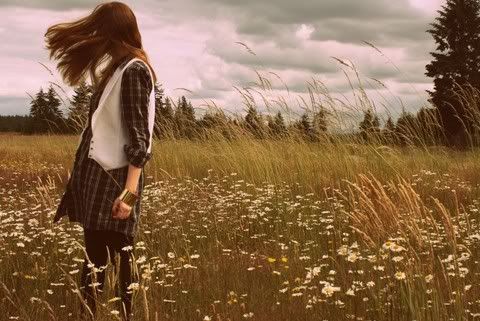
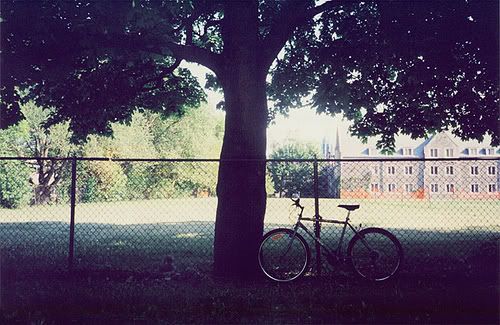



























+GWT.JPG)